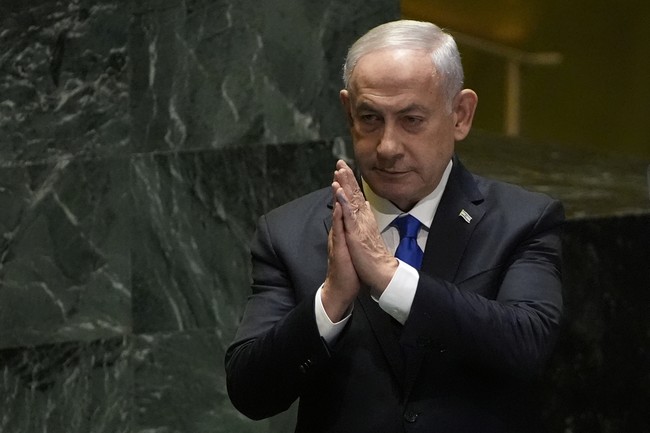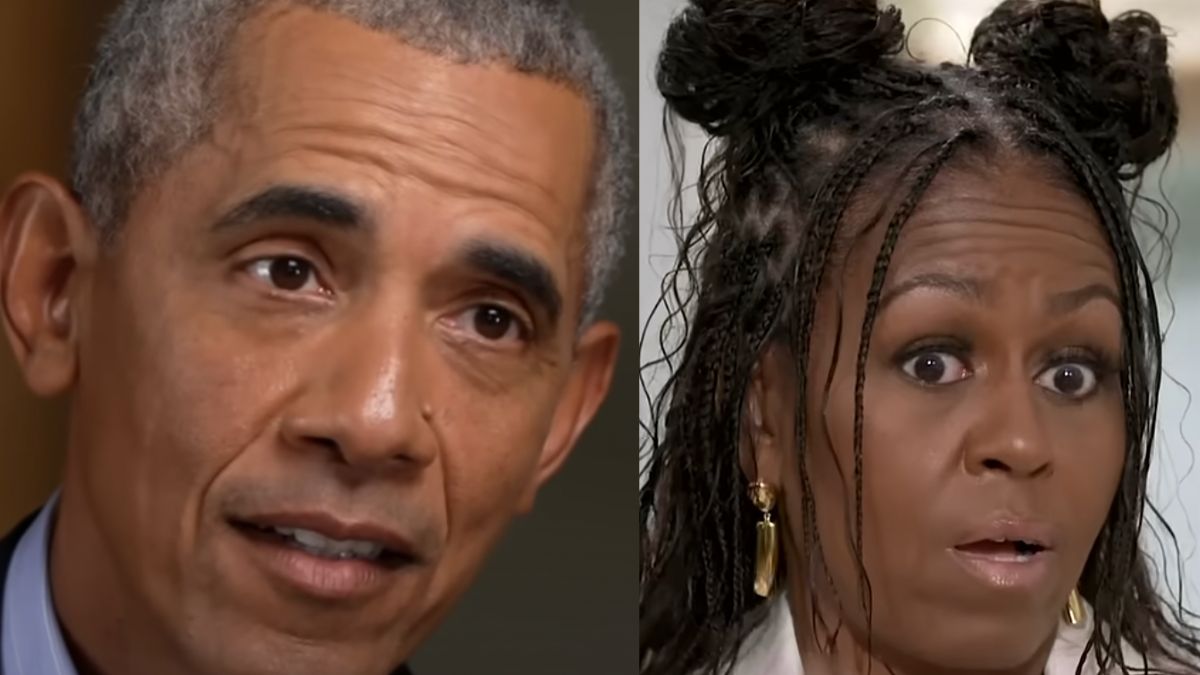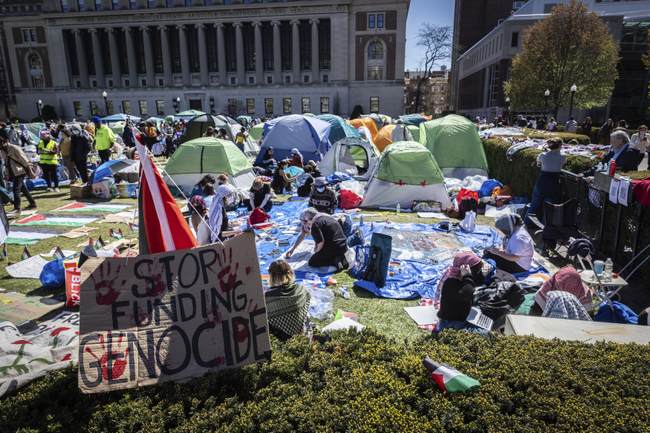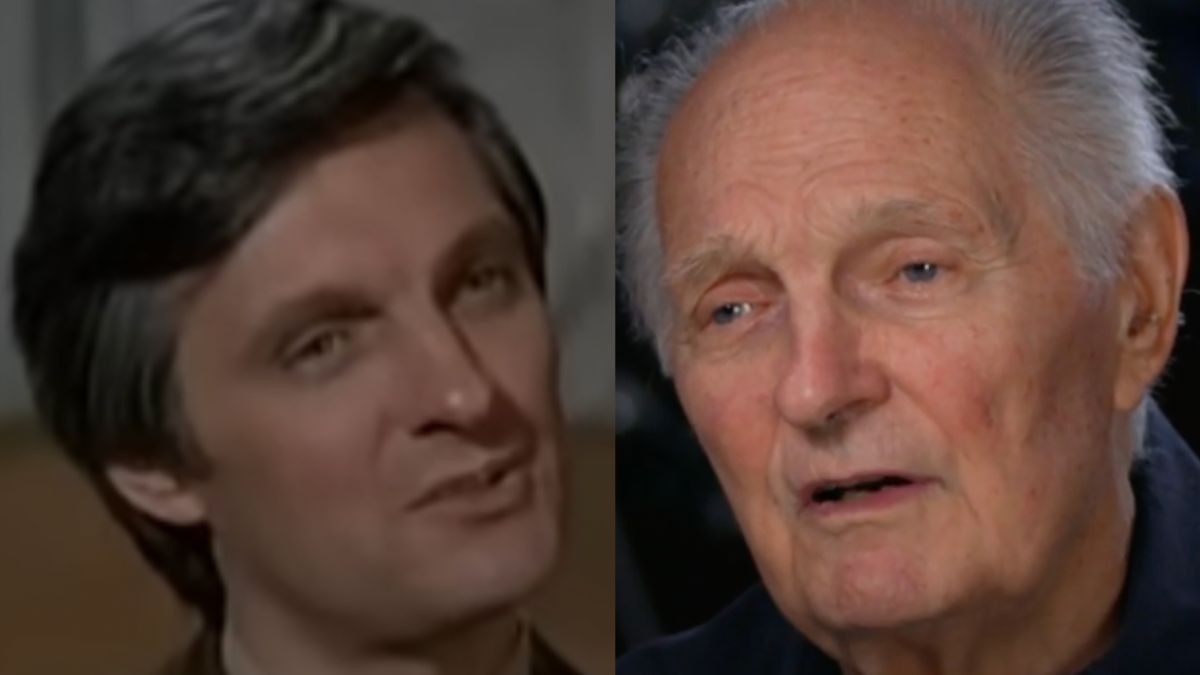Unless the French manage to screw it up, that is. Or, of course, Iran and Hezbollah. Or maybe even the US.
Let’s just say that it’s too soon to be popping corks in Beirut or Washington DC just yet. Benjamin Netanyahu has reportedly agreed “in principle” with a new proposal from US mediator Amos Hochstein to end the war in Lebanon, but Israel has agreed to a lot of cease-fire proposals over the last 13 months. Their enemies have not exactly demonstrated seriousness or reliability in that same period:
Israeli Prime Minister Benjamin Netanyahu approved the emerging ceasefire deal with Hezbollah “in principle” during a security consultation with Israeli officials Sunday night, a source familiar with the matter said.
Israel still has reservations over some details of the agreement, which were expected to be transmitted to the Lebanese government on Monday, the source said.
Those and other details are still being negotiated and multiple sources stressed that the agreement will not be final until all issues are resolved.
A ceasefire agreement will also need to be approved by the Israeli cabinet, which has not yet occurred.
Nothing in this report suggests that Lebanon, Hezbollah, or Iran has agreed to any of the terms of this deal. It’s a strange report from CNN in which all of the focus on concessions and terms deals with only one of the belligerent parties. The real question will be whether Lebanon can get Hezbollah and Iran to stop making war on Israel, not the other way around.
So what’s in the deal? Axios’ Baral Ravid has more details, including how France nearly scotched the deal out of the gate by promising to enforce the ICC arrest warrants on Netanyahu and Yoav Gallant. That got Joe Biden onto a call with Emmanuel Macron, who backpedaled — a bit:
- A U.S. official said Biden told Macron that Netanyahu was right to be angry, and that it was not possible to mediate a deal while also pledging to arrest the head of state of one of the parties.
- Macron told Biden he wanted to help but that his Foreign Ministry was only making clear its legal obligations towards the ICC. The French issued second statement to try to tamp down the tensions.
Ravid’s report is also charmingly free of any hint that the Lebanese, Hezbollah, or the Iranians would accept the terms, let alone adhere to them. Ravid does provide enough detail to conclude that Netanyahu has succeeded in keeping the right of enforcement of the cease-fire in consultation with the US rather than the UN, and even more without France:
- The U.S. has agreed to give Israel a letter of assurances that includes support for Israeli military action against imminent threats from Lebanese territory, and for action to disrupt things like the reestablishment of a Hezbollah military presence near the border or the smuggling of heavy weapons, Israeli and U.S. officials say.
- Under the agreement, Israel would take such action after consultations with the U.S., and if the Lebanese military did not deal with the threat.
Hezbollah would have to move its “heavy weapons” north of the Litani River and allow the Lebanese army to assume control of the region. That’s what the UN Security Council ordered in 2006 as part of a cease-fire, to which Hezbollah agreed. They almost immediately began violating that agreement and were allowed to do so by the UN’s peacekeeping force UNIFIL. Hezbollah and their Iranian patrons have militarized the sub-Litani with tunnel systems and hidden missile caches similar to what Hamas and Iran did with Gaza. That is what the IDF is attempting to dismantle after Hezbollah began waging war the day after the Hamas massacres of October 7.
The real question isn’t whether Netanyahu will agree to a cease-fire. It’s whether Hezbollah and Iran will ever abide by one. If they had abided by the terms of the 2006 cease-fire, Hochstein wouldn’t have to propose basically the same deal all over again, except with Israeli enforcement. If Hamas had abided by nine cease-fires previous to October 7, the IDF wouldn’t be in Gaza now.
This time, Hezbollah and Iran might be inclined to concede, at least temporarily. When Donald Trump takes office, they’re not likely to see an improvement in their bargaining position, and their financial outlook for waging war is going to look significantly poorer. But even if they do agree to these terms, the US had better be prepared to support Israel when they enforce the terms — or else we can all just prepare for the next Middle East massacres and war.
Read the full article here









